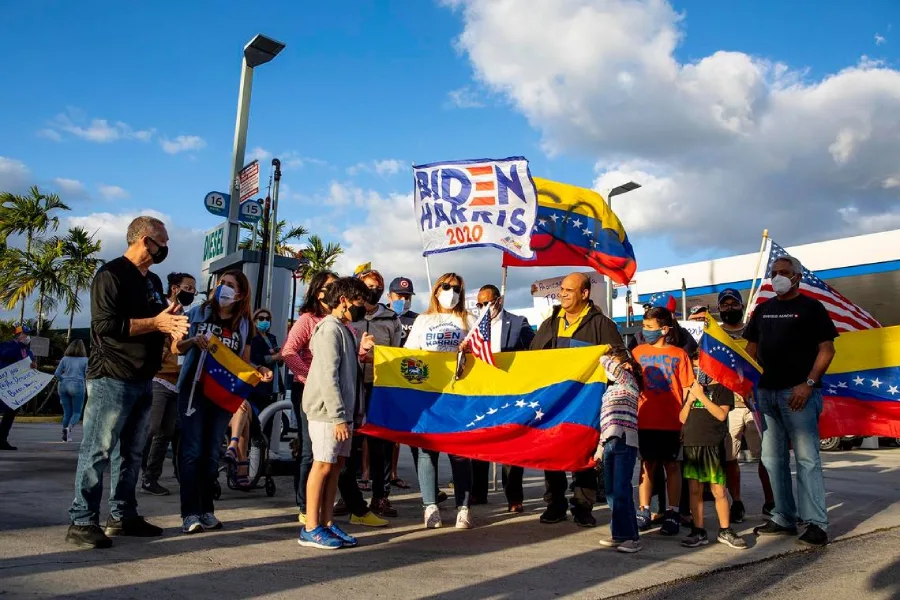In a landmark decision, the Supreme Court overturns lower court rulings that temporarily blocked the Trump administration from ending Temporary Protected Status (TPS) for hundreds of thousands of Venezuelan and Haitian migrants in the United States. This ruling affects migrants’ legal status, work authorization, and daily life. Federal agencies, employers, and immigration lawyers must now adjust policies quickly to guide impacted individuals.
This article provides a thorough legal analysis, explores the Supreme Court’s reasoning, and explains what the decision means for TPS holders and U.S. immigration law.
Supreme Court Overturns Federal Court Rulings on TPS
The Supreme Court overturns decisions of federal judges who had temporarily blocked the Trump administration’s attempt to cancel TPS protections. The ruling highlights the executive branch’s broad discretion under U.S. immigration law, while raising concerns about the constitutional rights of non-citizens.
LSI Keywords: immigration law, work authorization, temporary protected status, deportation risk, Homeland Security discretion.
Impact on TPS Holders After Supreme Court Overturns
With the Supreme Court overturns ruling:
-
Many TPS holders may lose temporary work authorization and legal status.
-
Some face potential detention or deportation.
-
Uncertainty surrounds extensions or renewals of work permits.
Migrants are rushing to extend driver’s licenses and employment authorizations to maintain daily life stability.
Difference Between TPS and Parole Programs
TPS grants temporary legal status to individuals from countries deemed unsafe due to political unrest, natural disasters, or other dangerous conditions. Parole allows short-term entry under specific conditions, often with employment authorization. The Supreme Court overturns prior rulings that blurred these distinctions, leaving many migrants unsure of their rights.
Employer Guidance Post Supreme Court Overturns
Employers must verify the work authorization of TPS holders. Failure to comply can result in legal penalties. HR and legal teams are advised to consult closely to ensure TPS employees maintain lawful employment.
Legal Analysis: Supreme Court Overturns vs. Lower Court Protections
Federal courts previously blocked TPS cancellations to protect migrants’ rights. The Supreme Court overturns these protections, emphasizing executive discretion. This highlights the delicate balance of power between the judiciary and the executive branch in immigration policy, and underscores the politically sensitive nature of TPS enforcement.
Timeline of Events Leading to Supreme Court Overturns
-
Biden Administration (2022-2023): Expanded TPS and parole programs for Venezuelans, Haitians, Cubans, and Nicaraguans.
-
Trump Administration (2025): Attempted to end TPS protections, affecting 430,000+ migrants.
-
Federal Court Rulings (Sept 5, 2025): Temporarily blocked TPS termination.
-
Supreme Court Overturns (Sept 13, 2025): Allowed the Trump administration to proceed with ending TPS protections.
Conclusion
The Supreme Court overturns ruling marks a pivotal moment in U.S. immigration policy, emphasizing executive authority over temporary immigration protections. TPS holders face uncertainty, while employers and agencies must quickly adapt. Legal experts expect further litigation as implications unfold, making this a significant immigration decision with nationwide impact.
FAQ
Q1: What does “Supreme Court overturns” mean in this context?
It means the Supreme Court reversed lower court decisions that temporarily protected TPS holders, allowing the Trump administration to end certain immigration protections.
Q2: Who is affected by this ruling?
Primarily Venezuelan, Haitian, Cuban, and Nicaraguan migrants under TPS or parole programs in the U.S.
Q3: Can TPS holders still work legally?
Work authorization may be disrupted, and employers must carefully verify Employment Authorization Documents (EADs).
Q4: Are there legal options for TPS holders?
Migrants can seek guidance from immigration attorneys, advocacy groups, or potentially file appeals challenging executive actions.
Q5: What is the difference between TPS and parole?
TPS provides temporary legal status for individuals from unsafe countries, while parole allows short-term entry for humanitarian or approved reasons.

